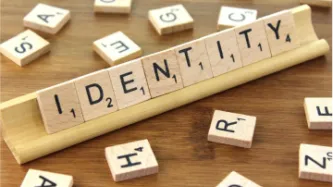Search Taxonomy Terms
When Local Authorities aren’t your Friends
UK local authorities (Councils) are looking at people’s social media accounts, such as Facebook, as part of their intelligence gathering and investigation tactics in areas such as council tax payments, children’s services, benefits and monitoring protests and demonstrations.
In some cases, local authorities will go so far as to use such information to make accusations of fraud and withhold urgently needed support from families who are living in extreme poverty.
Fighting the Global Covid-19 Power-Grab
In the rush to respond to Covid-19 and its aftermath, government and companies are exploiting data with few safeguards. PI is acting to ensure that this crisis isn't abused.
When Big Brother Pays Your Benefits
Rising concerns around austerity, transparency, efficiency and financial management have fed into a narrative of technology as a magic cure-all to socio-economic and political issues.
Demanding identity systems on our terms
There is a growing push towards identity systems around the world - leading to some of the world's largest biometric databases, as well as other technologies that can be used to track and profile individuals and communities.



